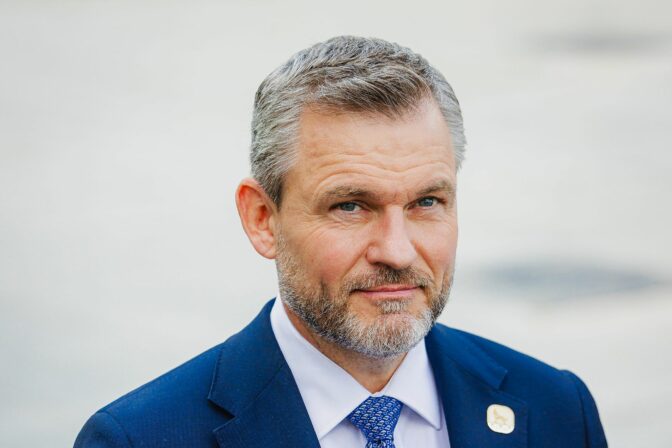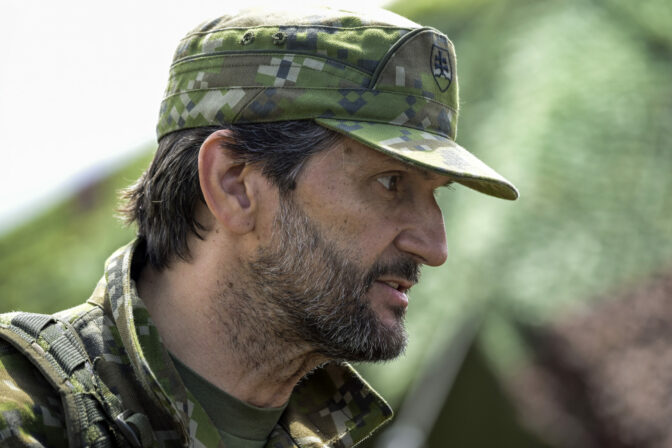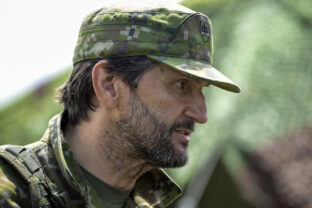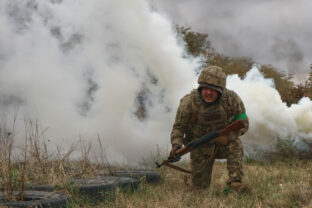BRATISLAVA, January 7, (WEBNOVINY) — Lack of confidence in institutions, including institutions of the state, distrust in the judiciary, which has the trust of less than one in three citizens, in law enforcement, lack of trust in the rule of law and even politicians is high in Slovakia according to Prime Minister Iveta Radicova. „Changing mistrust to trust is a problem even in personal relationships between two people, let alone on the level of the whole society, but that does not mean we should resign on such assignment,“ Prime Minister Radicova told SITA news agency. Foreign institutions evaluated her government’s program of anti-corruption measures as above-standard in relation to average measures applied at the EU level. „What I can only wish, is to endure in these set rules and that they gradually begin to bear fruit. I cannot and I never promised that we can do it overnight. However, the first steps in anti-corruption measures have already been taken and they have brought their results,“ she said. As an example, she mentioned the system applied to provide individual compensation for damages caused by last year’s floods. She pointed out that the government changed the criteria and in effect half the amount of compensation for specific people remained unused. „Nothing more was done, just a normal transparent thing, so that the citizens of the involved villages where the compensation decisions are made are publicly informed about who was compensated and by what amount. This saved half the amount allocated for the damages,” she said.
Traditionally, when people in Slovakia come to ask for a something a notary, teacher, priest, or a mayor, they come with some small gift, according to Radicova. „We all distinguish whether this small gift is brought out of elemental decency, or whether it is a bribe,“ she said. The fundamental difference between a small gift and bribery is that a bribe is given to get a service a person would normally not get or would normally not be entitled to it. „When it concerns obtaining above standard benefits or privileges, it is a bribe,“ she said. Whenever something is optional, when a selection can be made, the risk of bribery arises, according to Radicova. „An elementary solution is availability and accessibility,“ she said. „However, this is a long-distance race, but this is basic method of eliminating corruption. Then, there is the great corruption, which is a more serious problem since this is not about “peanuts” but vast sums, and it is difficult to combat,“ she said.
It is no coincidence, according to the Prime Minister, that so many proposals, procedures, analyses originate on how to deal with major corruption. It is a wide-ranging phenomenon. „It creates a very dangerous consequence, the perception of society as unfair. Those who are successful in fact often came to their success not because of their abilities; those nouveaux riches came to their positions by circumventing the law or operating on the edge of the law or by corruption. This creates tension in society and perpetuates the sentence that was known from the Communist era, ‘who does not steal robs his own family.’ Changing this way of thinking, I’m not naive, it will never be eradicated to zero, but we can certainly reduce the extent of corruption. But only with consistent laws and functioning courts,“ she said.
SITA












